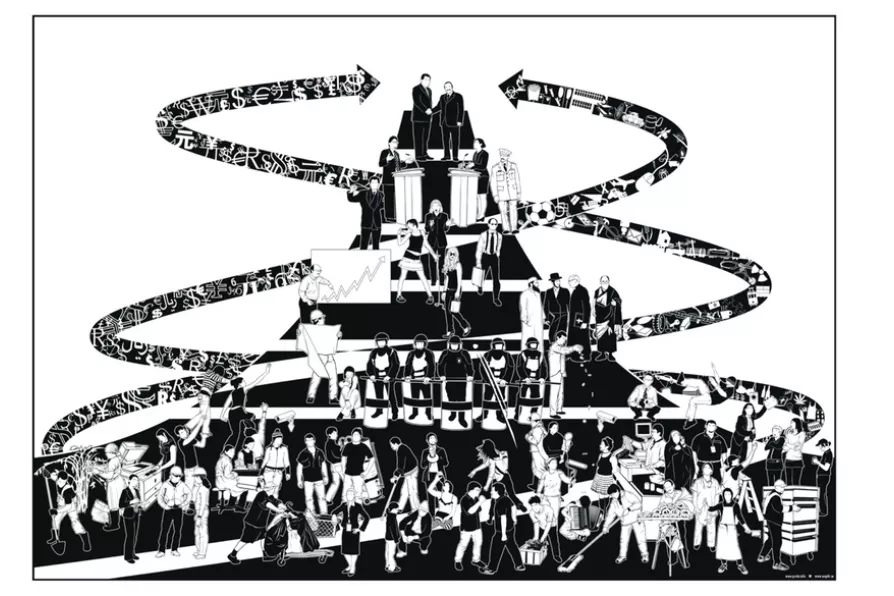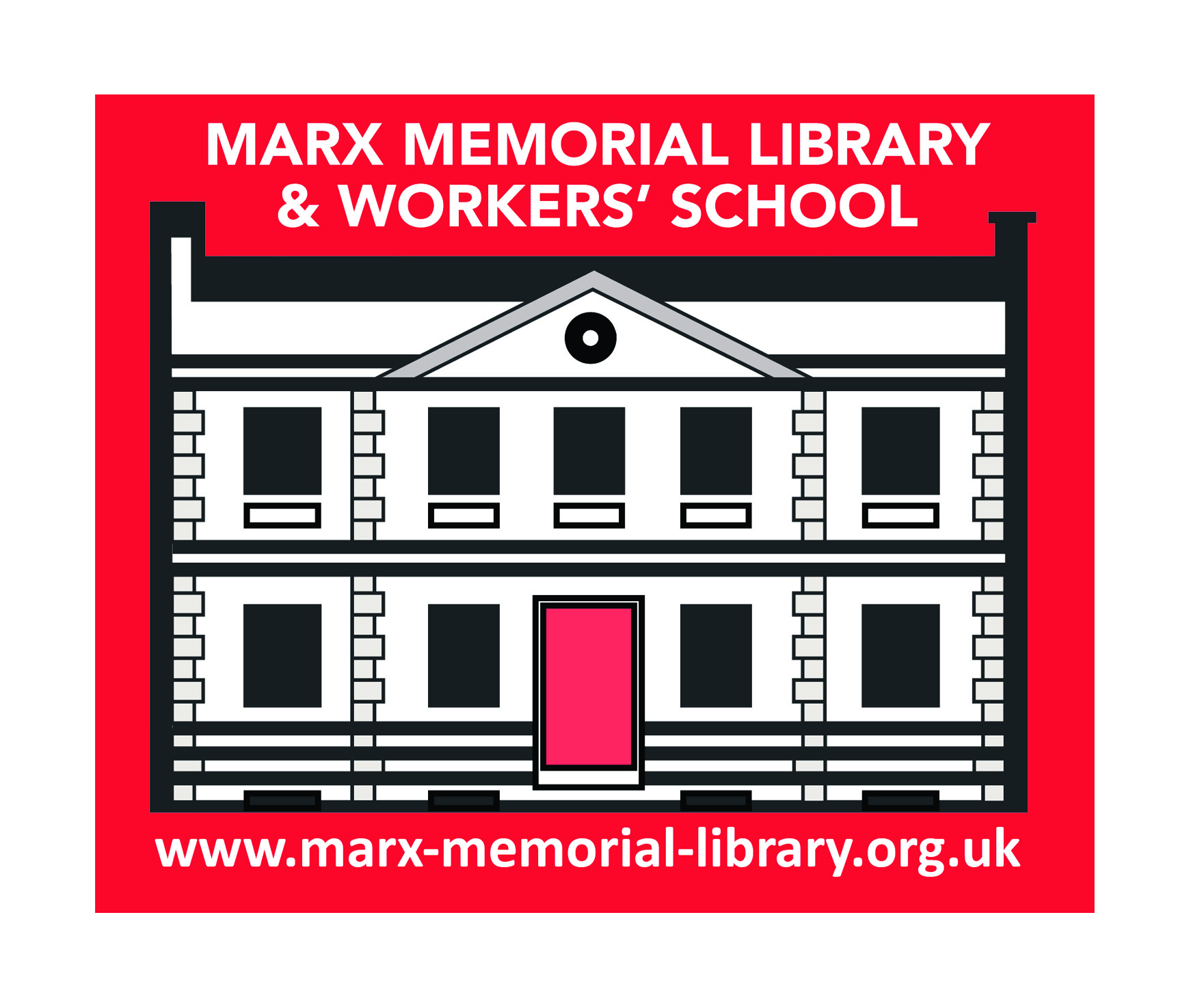ALEX HALL interviews PAUL HOLDEN, whose bombshell book uses leaked documents to expose how the Starmer faction used systematic dishonesty to seize power and reopen the door to the corrupting ecosystem of corporate lobbying and sleaze
How do Marxists view class struggle?
In the latest in our series the Marx Memorial Library explains the struggle between the ownership class and the employee class is a fact accepted by politicians of all kinds, but only socialists intend to actually end this conflict

 The class pyramid
[prole.info]
The class pyramid
[prole.info]
CLASS struggle is not, as some would have it, a Marxist conspiracy; it is a fact of social life, a proper subject for historical analysis.
From some 11,000 years ago an agricultural revolution began to end the classless primitive communism of hunter gatherers.
People could now produce more than was needed for mere subsistence.
Similar stories

From hunting rare pamphlets at book sales to online panels and courses on trade unionism and class politics, the MML continues connecting archive treasures with the movements fighting for a better world, writes director MEIRIAN JUMP

RICHARD CLARKE recommends a hugely valuable text for those seeking theoretical analysis and practical action to defend public services

Author RACHEL HOLMES invites readers to come to her talk in London about the great foremother of the working-class women’s movement – Eleanor Marx

The youngest daughter of Karl Marx and her unwavering humanity in the face of injustice remain relevant for our times, writes DANA MILLS











